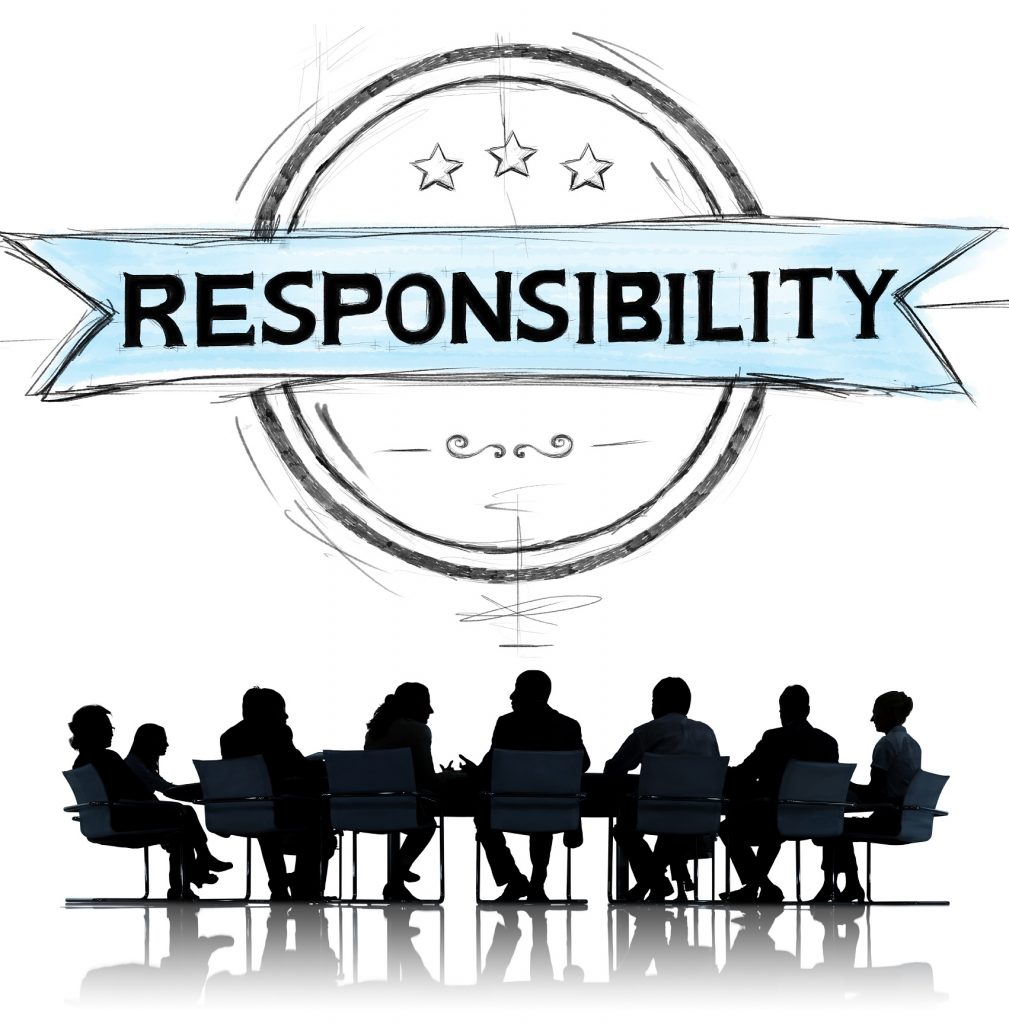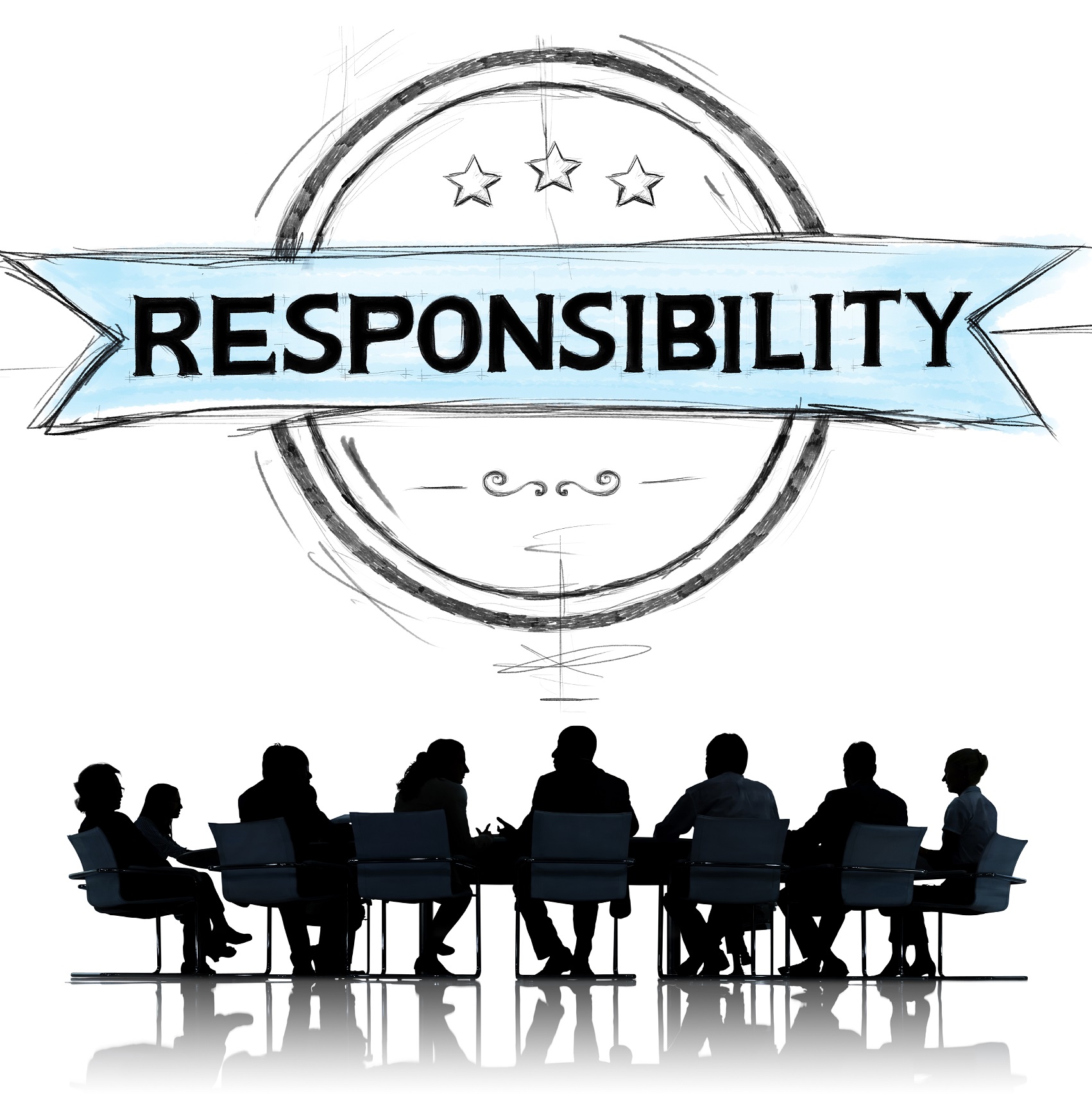Recently a client asked me how to engage Human Resources, Legal/Risk and Finance in their customer experience journey.
When my client had approached these groups about their contributions to the customer experience, the response was essentially: “We are very in favor of focusing on the customer experience and are glad that our sales and customer service departments are doing so much in this area. However, this is not something we have any control over, so it is not on our priority list.”
This response is very common in organizations that are in the early stages of true customer experience transformation. Ironically, these departments may have more to contribute to the customer experience journey than most others.
Here are some ways these departments can put the customer at the center of everything they do, to build a more customer-centric organization.
Human Resources rewards the right people
By hiring, rewarding and setting clear expectations, Human Resources can engage people who contribute through their attitudes, strategies and day-to-day actions.
This goes beyond the “employee of the month” awards. This is about national awards on center stage that recognizes individuals from every department who have made a true difference to the customer experience.
What’s more, it means ensuring that every individual clearly understands their contribution to the customer experience and setting customer experience goals to achieve each year
Human Resources can
- hire people who will make customer needs a priority
- set personal goals and assess employees on their ability to develop and execute customer-focused business strategies
- recognize and reward employees for succeeding in these objectives, through bonuses, high-profile awards and promotions (and make the difficult decisions with employees who do not perform well in this area)
- add a customer experience element to your employee surveys
Legal/Risk balances customer ease
Legal and Risk departments have a long-lasting effect on how customer-centric an organization will be. As the watchdogs of an organization, they ensure that the company is not exposed to lawsuits and financial risk in the course of doing business. To achieve this, they create policies that sales, customer service and operations groups must adhere to when bringing on new customers and managing existing customer relationships.
Sometimes these policies unintentionally create problems and unnecessary effort for customers when doing business with your organization, as I stated in a previous blog. For example, policies such as requiring a receipt, original packaging and returns in 30 days may prevent a few from taking advantage, but also make it more difficult for many customers to do business with you.
Legal/Risk can
- create policies for bringing on new customers and managing existing customer relationships that don’t create problems or require unnecessary effort by customers
- shadow front- line sales, customer service and operations stakeholders to understand how these policies affect their workflow and the customer experience
- enhance the customer experience by investigating the effect of their policies on the customer experience journey
- incorporate feedback from sales and customer service in their review of policies
- regularly update policies to make them more customer-centric
Finance empowers relationship owners
Because they tend to own the purse strings across all lines of business, the Finance team has a great deal of influence over the customer experience in every organization.
However, they need to balance the critical requirements for cash flow and cost control with the need to deliver a great customer experience. For example, the need to ensure reliable payments must be balanced against particularly arduous onboarding requirements for new customers.
They also need to provide flexibility with customer relationship owners to “make things right” when problems arise, as I wrote in a recent blog on how this can reduce churn and build long-term loyalty.
In addition, the Finance team must also work with HR to recognize and reward those in the organization that make an impact on the customer experience.
In short, they should
- work closely with sales and customer service teams, to ensure policies don’t have negative effects, for example arduous onboarding requirements for new customers
- financially empower customer relationship owners to effectively solve customer problems
- work with HR to recognize and financially reward those in the organization who make an impact to the customer experience.
While almost every department plays a role in the customer experience, Human Resources, Legal/Risk and Finance have more influence over the customer experience than they might think.
One department, one improvement
If each of these departments made one significant improvement to the customer experience each quarter, there would be measurable improvements in customer loyalty, employee engagement and shareholder value.
What’s more, by communicating their progress to the entire organization, they can inspire others to focus on what they can do to deliver the ultimate customer experience.

